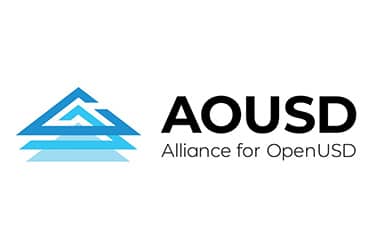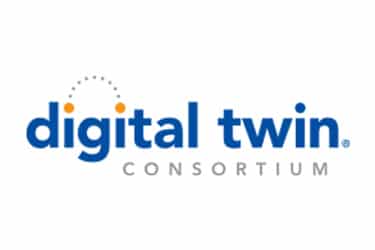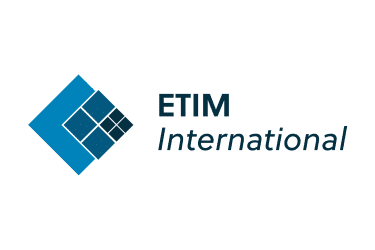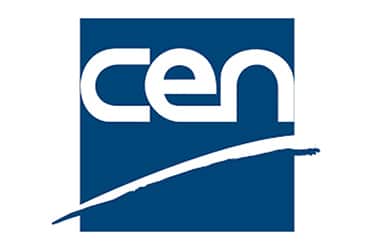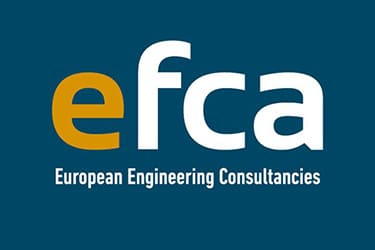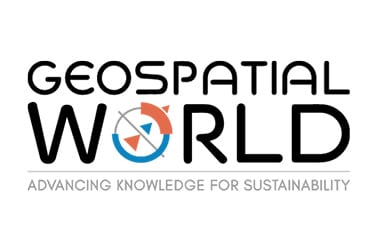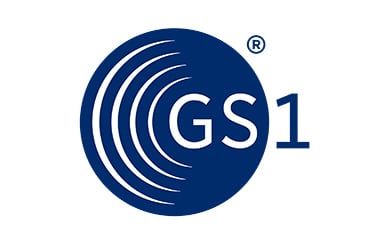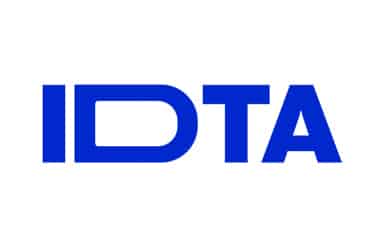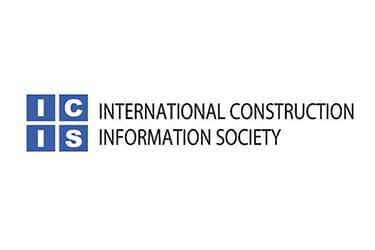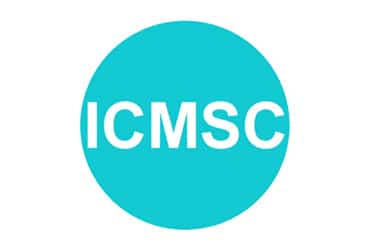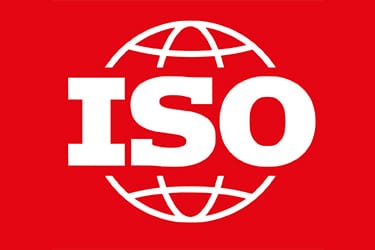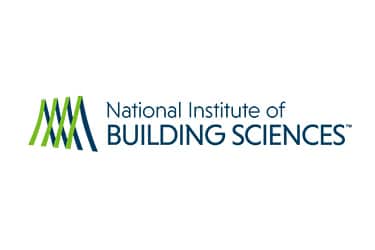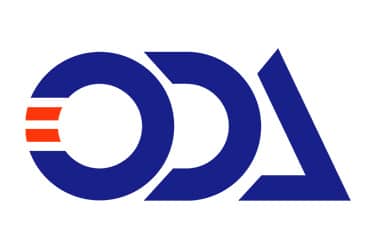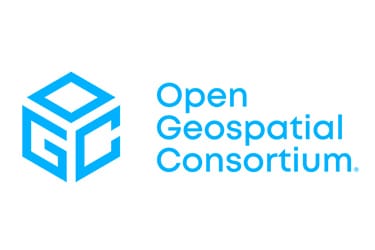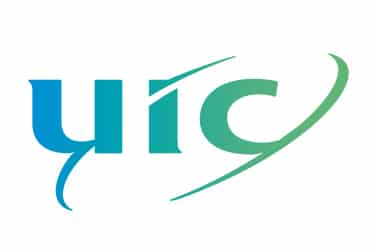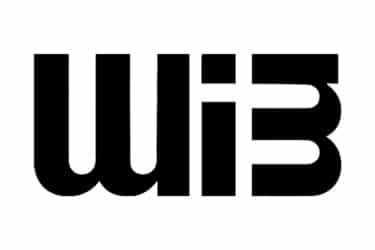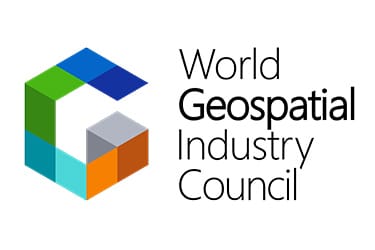Partner Organisations
The Alliance for OpenUSD (AOUSD) is an open, non-profit organization dedicated to fostering the standardization, development, and growth of OpenUSD (Universal Scene Description). Formed by leading technology and media companies, AOUSD aims to promote interoperability and innovation across 3D ecosystems by advancing OpenUSD as an open, extensible framework. The Alliance supports the creation of specifications, tools, and best practices to ensure consistent and efficient use of OpenUSD across a wide range of applications, including visual effects, industrial simulation, and virtual reality. Through open collaboration, AOUSD empowers developers, creators, and enterprises to build the future of 3D content and experiences.
Digital Twin Consortium drives the awareness, adoption, interoperability, and development of digital twin technology. Through a collaborative partnership with industry, academia, and government expertise, the Consortium is dedicated to the overall development of digital twins. Accelerating the market by propelling innovation and guiding outcomes for technology end-users. The members are committed to using digital twins throughout their global operations and supply chains. The consortium is open to any business, organization, or entity with an interest in digital twins. Digital Twin Consortium is part of the Object Management Group®.
ETIM International is a partnership of national ETIM organisations with its registered office in Brussels. ETIM International exists to combine efforts to develop, maintain, publish and promote one Technical Information Model (ETIM) for the classification of technical products. The focus of ETIM International is on the classification of electrotechnical and HVAC and building related products, but the association is open to entry by other related industry sectors. Current member countries are Austria, Belgium, Denmark, Germany, France, Finland, Lithuania, Norway, Poland, Spain, Sweden, Switzerland, The Netherlands, UK, USA and Canada. ETIM and buildingSMART International work together to align the buildingSMART Data Dictionary (bSDD) and ETIM’s product classification standard.
CEN, the European Committee for Standardization, is an association that brings together the National Standardization Bodies of 34 European countries. CEN is one of three European Standardization Organizations (together with CENELEC and ETSI) that have been officially recognized by the European Union and by the European Free Trade Association (EFTA) as being responsible for developing and defining voluntary standards at European level. CEN provides a platform for the development of European Standards and other technical documents in relation to various kinds of products, materials, services and processe. CEN recognizes the Industry Foundation Classes (IFC) for data sharing in the construction and facility management industries (ISO 16739:2013).
The European Federation of Engineering Consultancy Associations (EFCA) is the leading voice of the engineering consultancy industry in Europe. Established in 1992, EFCA represents national member associations from 27 European countries, encompassing over 10,000 companies and more than one million professionals in engineering and related services. EFCA’s mission is to advocate for the industry at the European level, influencing legislation and promoting fair competition, transparent procurement, and sustainable development. As a key networking platform, EFCA fosters collaboration among its members and builds strategic alliances with other stakeholders to strengthen the role of engineering consultancy across Europe.
Geospatial World is a leading platform dedicated to the geospatial industry. It focuses on the use and application of geospatial technologies, including geographic information systems (GIS), remote sensing, global positioning systems (GPS), and other spatial data-related tools. Geospatial World promotes the understanding and adoption of geospatial technologies, highlighting their potential for solving complex challenges. It serves as a valuable resource for professionals seeking the latest developments in the geospatial domain.
GS1 is a neutral, not-for-profit organisation that develops and maintains the most widely used global standards for efficient business communication. It is best known for the barcode, named by the BBC as one of “the 50 things that made the world economy”. GS1 standards improve the efficiency, safety and visibility of supply chains and item life cycles across physical and digital channels in 25 sectors. Its scale and reach – local Member Organisations in 112 countries, 1.5 million user companies and 6 billion transactions every day – help ensure that GS1 standards create a common language that supports systems and processes across the globe. The use of global buildingSMART and GS1 standards, in particular for product instance identification and exchange of product data, is critical in addressing today’s challenges of digitalisation in the construction sector.
The Industrial Digital Twin Association (IDTA) is a leading organization dedicated to advancing the development and adoption of digital twin technologies across industrial sectors. As a central platform for collaboration, IDTA brings together experts, companies, and stakeholders to establish standards, frameworks, and best practices for interoperable and scalable digital twin solutions. The association promotes innovation by enabling seamless data exchange and integration throughout the entire product lifecycle. By fostering an open ecosystem and driving the implementation of the Asset Administration Shell (AAS), IDTA plays a key role in shaping the future of Industry 4.0 and digital transformation worldwide.
The International Construction Information Society (I.C.I.S.) is an association of organisations that provides national master specification systems, cost information systems, and/or building product information for the construction industry. I.C.I.S. represents organizations providing technical services to hundreds of thousands of construction professionals, worldwide, who use their products and services to prepare construction documents. For the changing needs of our members’ clients, I.C.I.S. aims to anticipate and confront trends occurring in the construction industry internationally, including: The strong trend towards international harmonisation of standards and procedures, the increasing expectation of functionality and user-friendliness of information used in construction processes, the need to integrate a wide variety of related project data, particularly drawings, specifications, costs, and product information.
The International Construction Measurement Standards (ICMS) is a global standard for measuring and reporting construction project costs, improving transparency and consistency in the industry. It establishes uniform measurement principles and definitions, enabling consistent cost analysis and comparison across countries and projects. The ICMS Coalition, comprising professional organizations, maintains the framework. ICMS covers various cost aspects, providing guidance on classification and reporting formats. It enhances decision-making, promotes best practices, and fosters a more efficient and sustainable construction sector.
The International Organization for Standardization is an independent, non-governmental international organization with a membership of 164 national standards bodies. Through its members, it brings together experts to share knowledge and develop voluntary, consensus-based, market-relevant International Standards that support innovation and provide solutions to global challenges. buildingSMART International is registered as an organization in cooperation with ISO, and has liaisons with two ISO committees; ISO/TC 59 Buildings and civil engineering works and ISO/TC 59/SC 13 Organization and digitization of information about buildings and civil engineering works, including building information modelling (BIM). buildingSMART’s main product, the IFC standard, was adopted as an official ISO standard in March 2013, as ISO 16739:2013 Industry Foundation Classes (IFC) for data sharing in the construction and facility management industries.
The National Institute of Building Sciences (NIBS) is an independent, non-profit, non-governmental organization established by the U.S. Congress in 1974 to serve as a vital link between the public and private sectors in the built environment. Whether in your home, office, or community, NIBS works to ensure the spaces around you are safe, structurally sound, and sustainable. Bringing together experts from across architecture, engineering, construction, and government, NIBS leads collaborative efforts to address pressing challenges in building science and technology. Supported by both public and private funding, the Institute drives innovation, develops standards, and fosters resilient, high-performing buildings and communities.
The Open Design Alliance (ODA) is a pivotal organization in the CAD and engineering software field. Founded in 1998, it promotes open standards and provides reliable technology for interoperable CAD solutions. The ODA ensures software developers have access to comprehensive libraries, facilitating seamless data exchange. By maintaining open standards like DWG, DGN, and Revit, the ODA enhances collaboration and compatibility within the CAD community. Through collaboration and knowledge sharing, the ODA addresses industry challenges and encourages member participation. It engages its community for feedback, ensuring alignment with stakeholders' needs. The ODA's commitment to quality is seen in its rigorous testing and certification programs, earning trust from developers and end-users. In summary, the ODA drives innovation and interoperability through its dedication to openness, transparency, and quality in CAD software development.
The Open Geospatial Consortium (OGC) is a is a collective problem-solving community of experts from more than 500 businesses, government agencies, research organizations, and universities driven to make geospatial (location) information and services FAIR - Findable, Accessible, Interoperable, and Reusable. The global OGC Community engages in a mix of activities related to location-based technologies: developing consensus-based open standards and best-practice; collaborating on agile innovation initiatives; engaging in community meetings, events, and workshops; and more. OGC’s unique standards development process moves at the pace of innovation, with constant input from technology forecasting, practical prototyping, real-world testing, and community engagement. OGC bridges disparate sectors, domains, and technology trends, and encourages the cross-pollination of ideas between different communities of practice to improve decision-making at all levels. OGC is committed to creating an inclusive and sustainable future.
UIC is the worldwide professional association for the railway sector, promoting rail transport and helping members succeed. It facilitates technical cooperation among railways, coordinates their relationship with the supply industry, and drives research and development to benefit railway companies. UIC's mission is to globally promote rail transport, address mobility and sustainable development challenges, foster international cooperation, share best practices, ensure interoperability, develop solutions for railway systems, support members in new business endeavors, and propose improvements for technical and environmental performance, competitiveness, and cost reduction in rail transport.
Women in BIM (WIB) is a global community with a vision to support, empower, and celebrate female BIM and digital construction professionals. Founded in 2012 by Rebecca De Cicco, WIB was created to address the lack of female representation in senior BIM roles and promote gender equality across the industry. WIB fosters diversity, inclusion, and professional growth through mentorship, education, and networking. By supporting career development and encouraging young women to enter the field, they aim to equip their members with the skills and confidence to thrive, helping to shape a more equitable and inclusive digital construction landscape.
World Geospatial Industry Council (WGIC) is an association of companies that represent the entire ecosystem of geospatial industry, with an aim to enhance the role of the geospatial industry and also strengthen its contribution in global economy and society. The World Geospatial Industry Council seeks to become a shared voice for enabling engagement and collaboration within the industry and outside, educating policymakers and users alike about the long-term benefits of technology adoption. buildingSMART International and WGIC work together on developing common initiatives for the use of open standards, best practices and geospatial information to demonstrate greater value and wider applicability of standards, solutions and tools. Through the respective BIM and GIS communities, the aim is to develop open, neutral workflows between different languages and systems for the benefit of end users.

